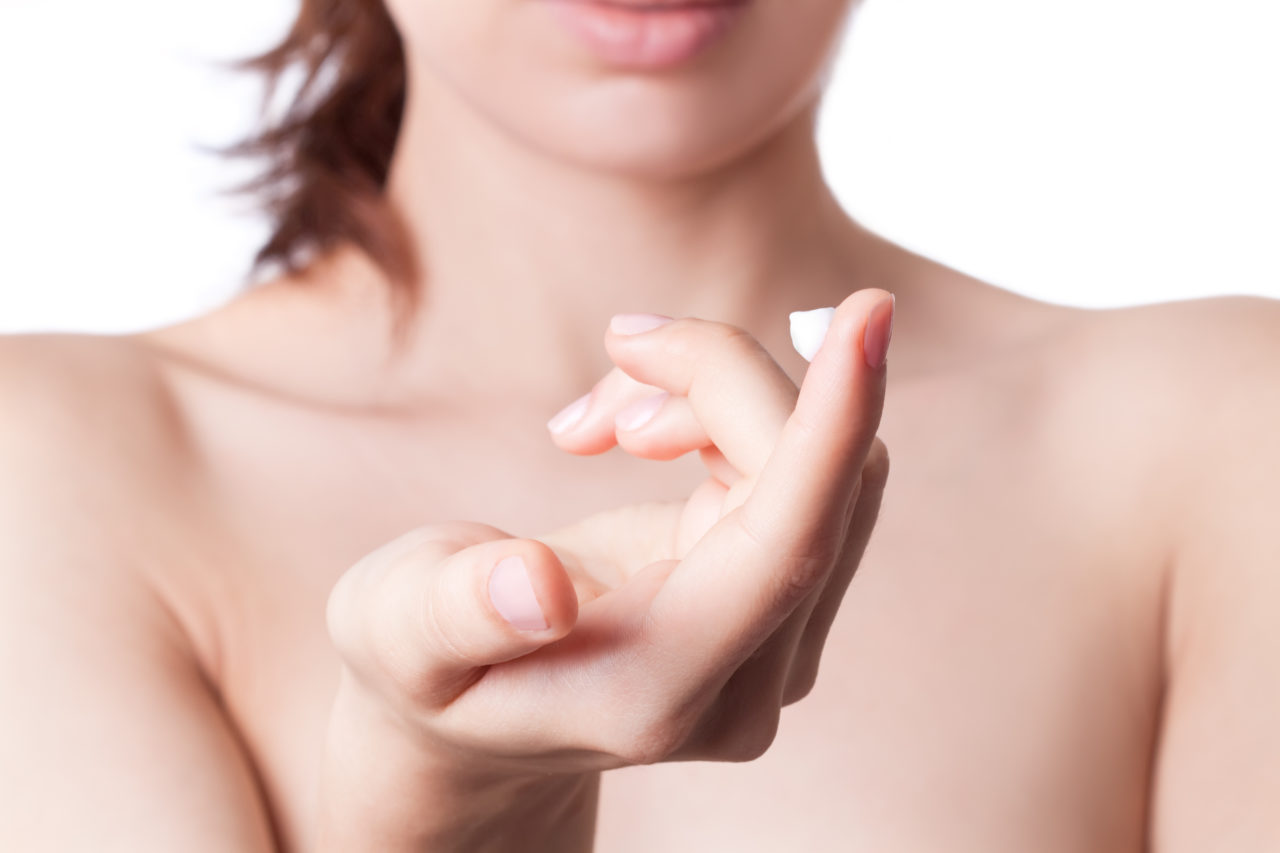To me, just like to many people who care about their looks, premature aging is probably the worst enemy of the skin. It began to see its signs shortly after I turned 30. Luckily I was able to slow this process down by limiting sun exposure and using some great skin products in my daily routine. I found Retin-A cream to be the one of the best ever! It is simply amazing in reversing sun damage and rejuvenating my skin.
More About Vitamin A and the Skin
The retinoids, or vitamin A derivatives are the most commonly used skin products to treat skin problems. And Retinol and Retin A are probably the most popular. (Retin-A is the drug known generically as retinoic acid or tretinoin) They work by affecting the growth of skin cells. By decreasing the cohesiveness of the follicular cells these creams reduce the formation of whiteheads and blackheads. Additionally, retinoids stimulate cell division and turnover of cells, thus reducing acne. Long-term use of Retin A is also associated with dramatic improvement of skin complexion. These creams really do give my face a rosy glow! The retinoids have also been linked to reduction of fine lines and wrinkles.
While tretinoin-containing products are usually available on prescription because of their strong effects, retinol-containing products are available over the counter in many pharmacies and supermarkets. Retinol is a weaker version of tretinoin and is better tolerated in most people. It also encourages turnover of skin cells, which results in a less vivid, but nevertheless noticeable improvement in skin appearance. For these reasons, many manufacturers now incorporate tretinoin and retinol in various skin care products, including lotions, creams, make-up, lipstick and sunscreens.
Why Retin A and Retinol Should be Used with Caution
Tretinoin and retinol increase the skin’s sensitivity to sunlight because they cause rapid skin cell regeneration or turn-over. Regular application can cause itching, burning sensation redness, and peeling of the skin. Many people report an increase in sensitivity to sunlight while under treatment with these drugs.
Another side effect associated with retinoids is photosensitization. Photosensitization makes the skin more susceptible to sunburn. This is why everyone who use Retin A or retinol should avoid sun exposure and take preventive measures for sun protection.
In addition, with the vulnerability of the skin, chronic exposure to sunlight can actually cause the formation of free radicals that damage your DNA, leading to skin cancer. This is why tretinoin and retinol containing products must be used at night and avoided at daytime. If you are using these products, you must avoid long exposures to sunlight and if possible, use protective clothing such as hats and sunscreen. The importance of using sunscreen with SPFs of 30-50 is emphasized by dermatologists, especially when using these products, which tend to expose vulnerable regenerating skin cells to UV rays. Others also suggest the concomitant use of 1% hydrocortisone or other natural agents or extracts to reduce irritating symptoms.
More tips on using retinol products:
- Consult a dermatologist for medical treatments using vitamin A derivatives.
- Avoid buying sunscreens that contain retinol or tretinoin.
- Do not use lipstick or lip care products that contain retinol or tretinoin.
- Apply treatments containing these products at night.
- Never use vitamin A derivatives if you are pregnant or breastfeeding.
- Do not use these products near the eyes, angle of the nose, mouth, and mucous membranes.
- Avoid using these with other topical medications, medicated soaps and cleansers, and cosmetics that may have a strong drying effect, such as those with high alcohol concentrations, which can have a possible interaction with tretinoin.
- Use these with caution when using products containing benzoyl peroxide, resorcinol, salicylic acid, or sulphur.
Just like other drugs, vitamin A derivatives may cause adverse reactions, especially in sensitive individuals. Although true allergic reactions rarely occur, your skin may become excessively red, blistered, crusted or edematous when using topical products containing these active ingredients. If these occur, discontinue the use of these products.
Ask your doctor if you should continue using them or is adjustments need to be made in the dosages.
Sources:
Mukherjee S, Date A, Patravale V, et al. Retinoids in the treatment of skin aging: an overview of clinical efficacy and safety. Clin Interv Aging. 2006;1(4):327-48.
Bailey C. How To Correctly Use Retin A Tretinoin For Anti Aging and Acne Skin Care. http://www.drbaileyskincare.com/blog/use-retin-a-tretinoin-for-acne-anti-aging-skin-care/
Drugs.com. Retin-A. http://www.drugs.com/pro/retin-a.html.
EWG. The Problem With Vitamin A. https://www.ewg.org/sunscreen/report/the-problem-with-vitamin-a/
WebMD. Retinol: When to Use It, and When to Avoid It. http://blogs.webmd.com/healthy-skin/2011/08/retinol-when-to-use-it-and-when-to-avoid-it.html
WebMD. Retin-A topical. http://www.webmd.com/drugs/2/drug-1192/retin-a-topical/details





